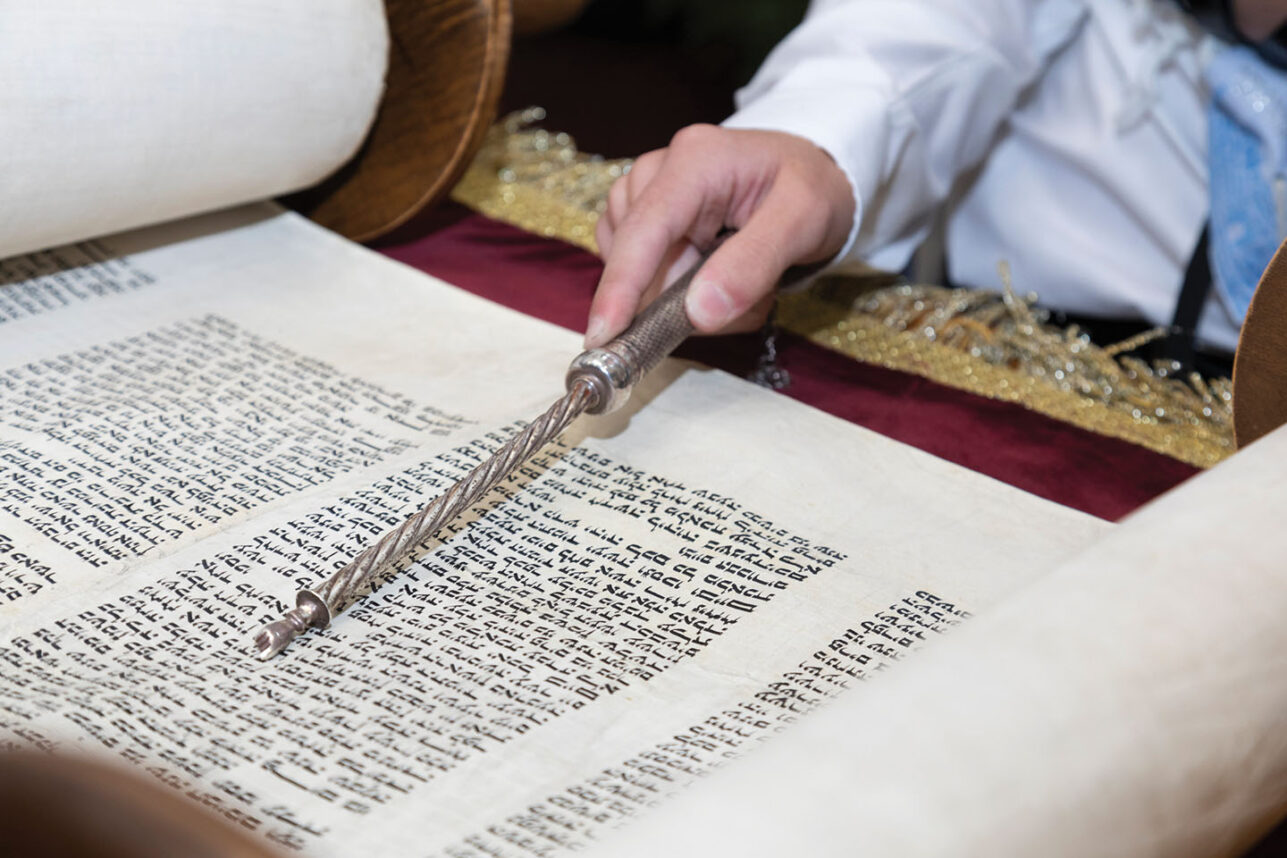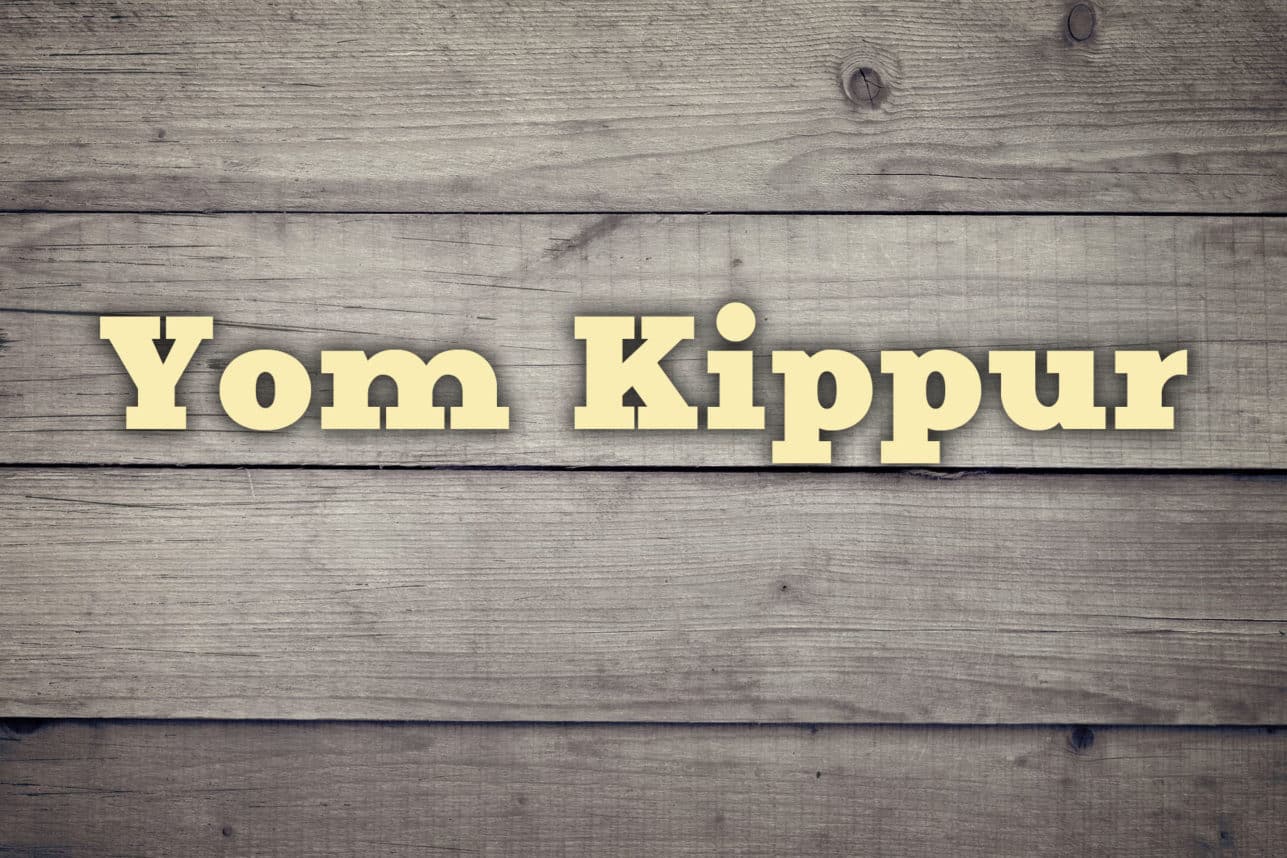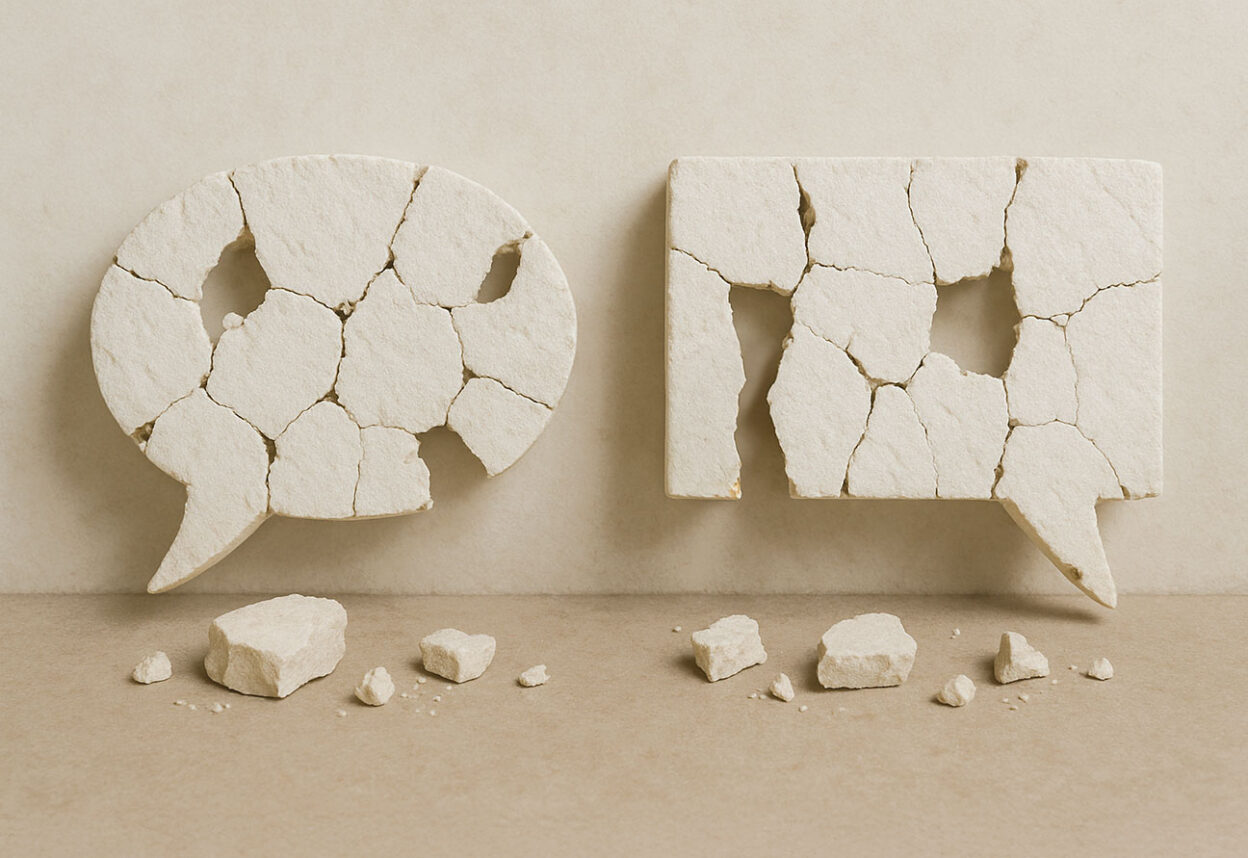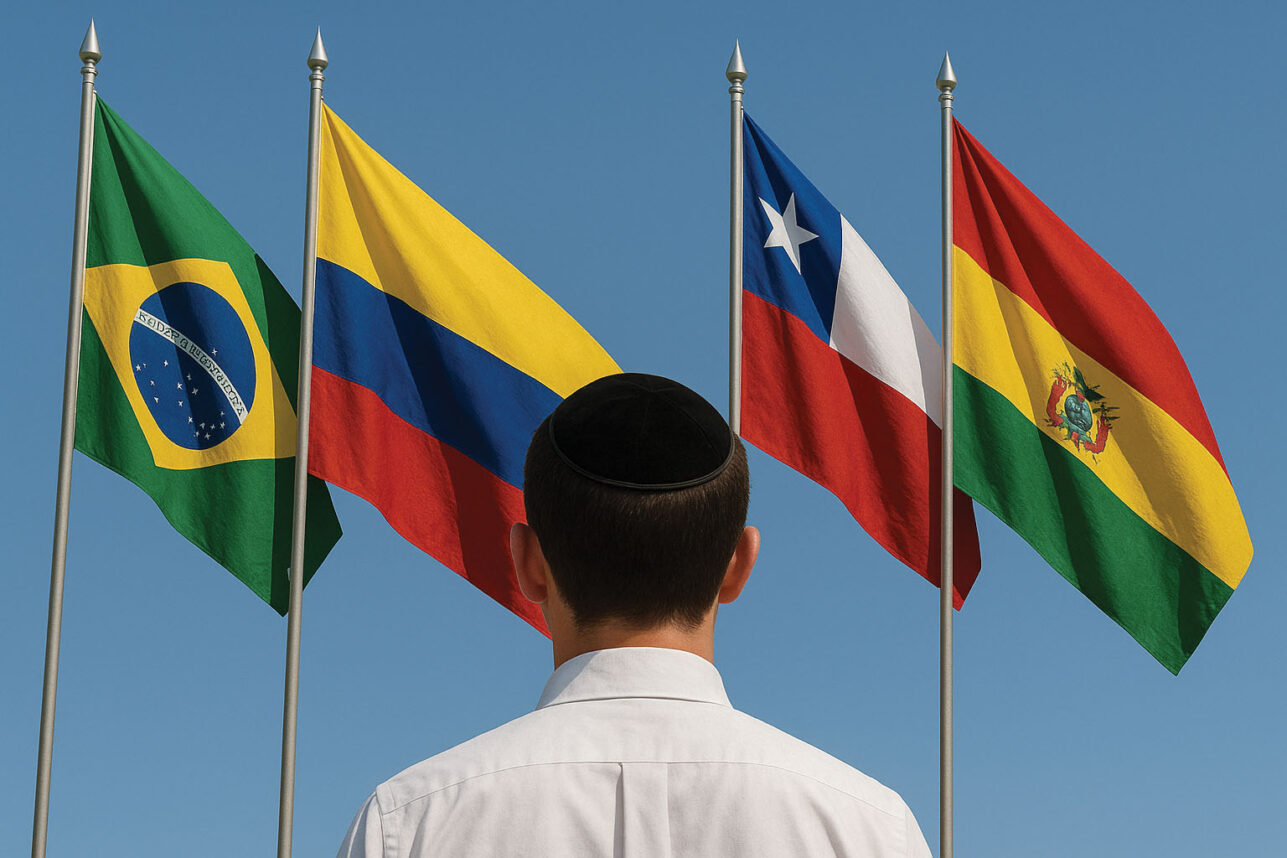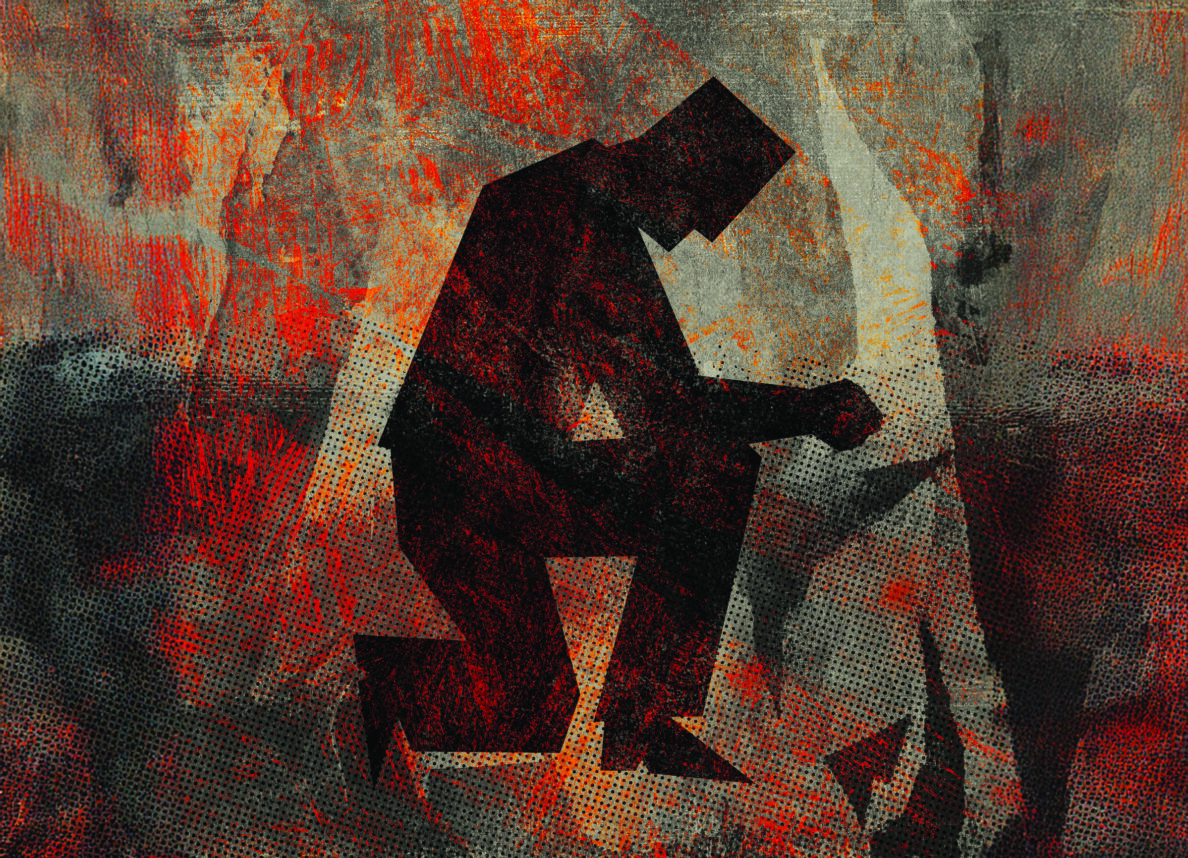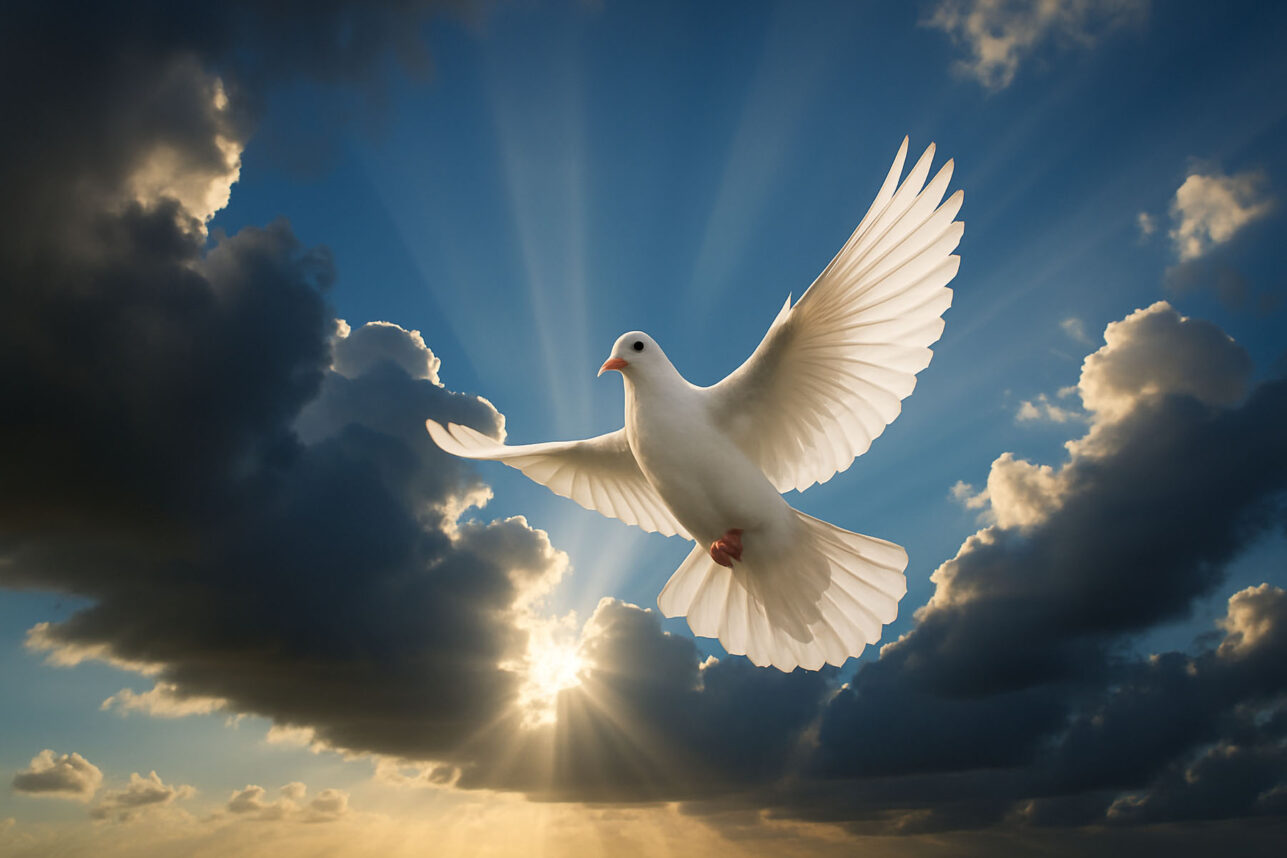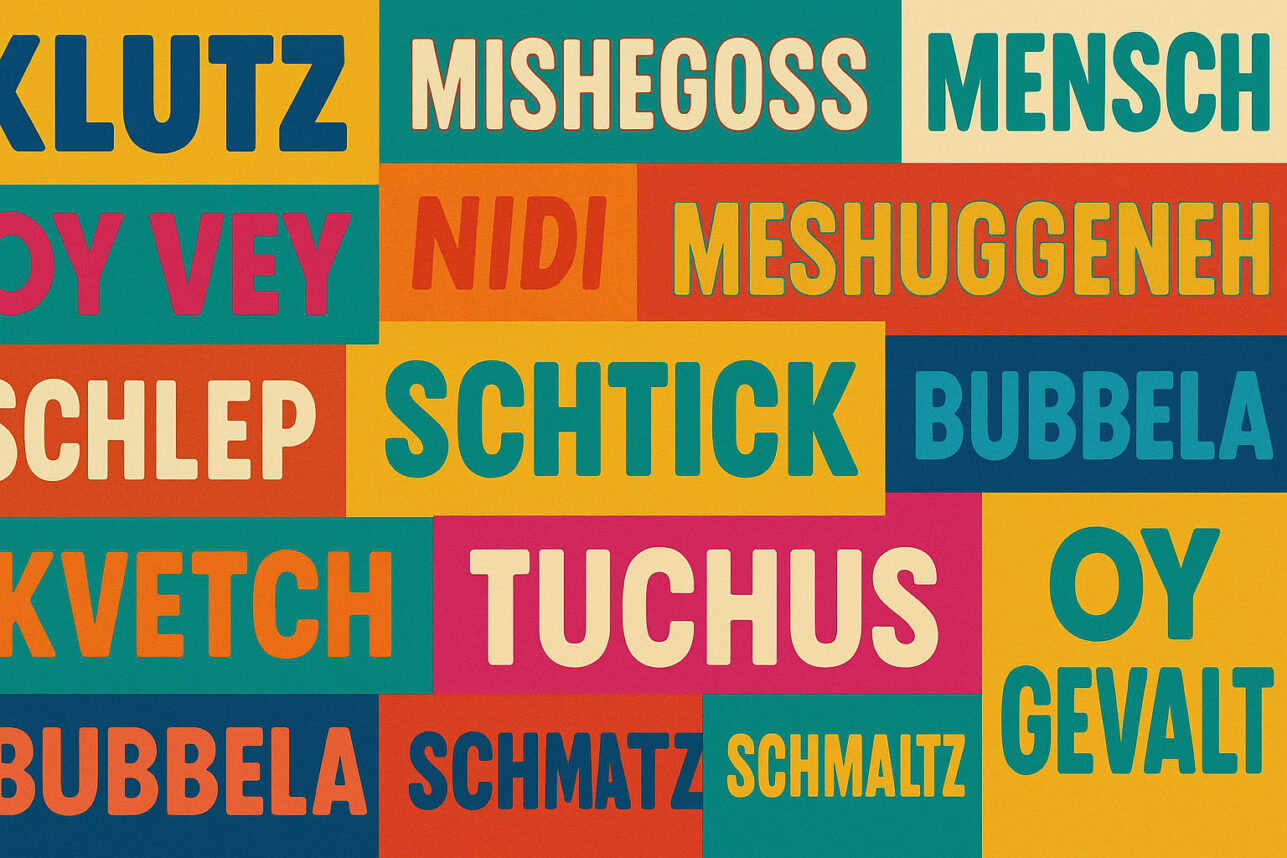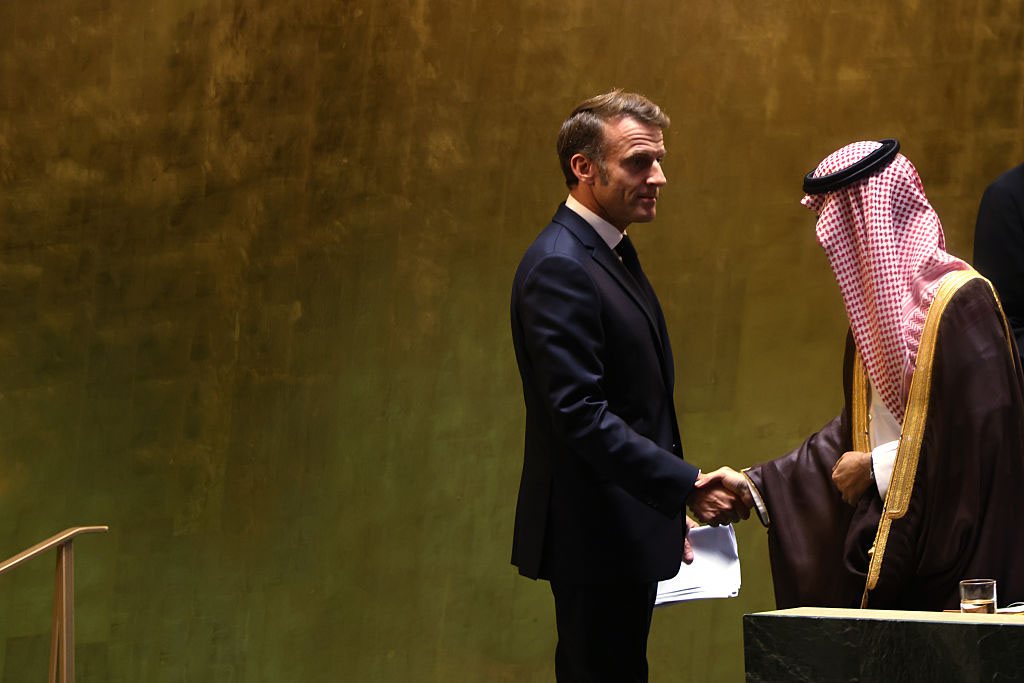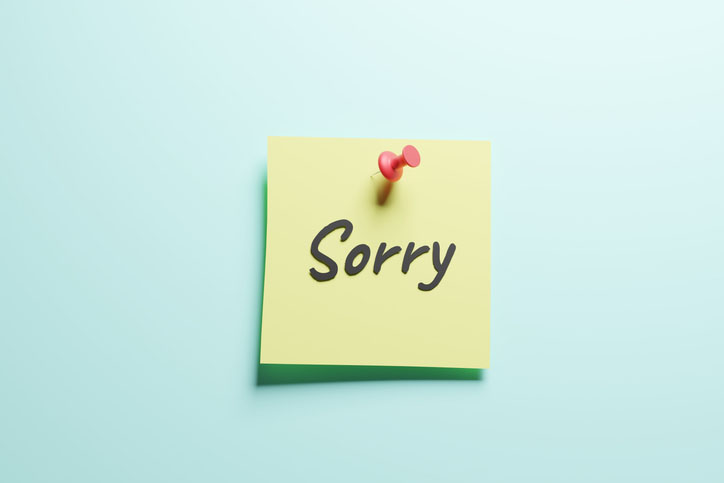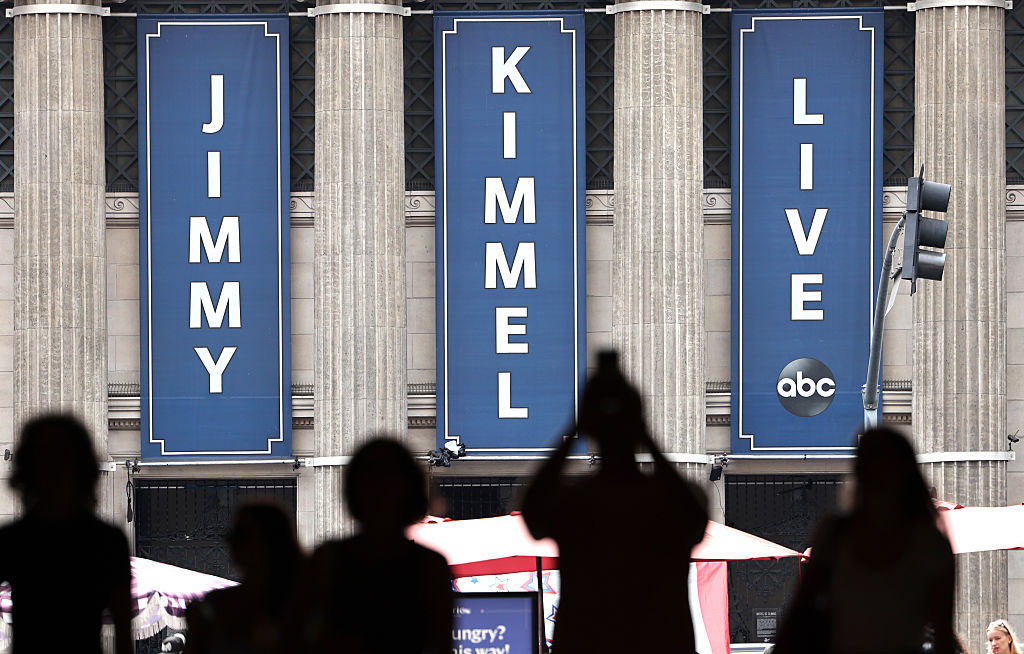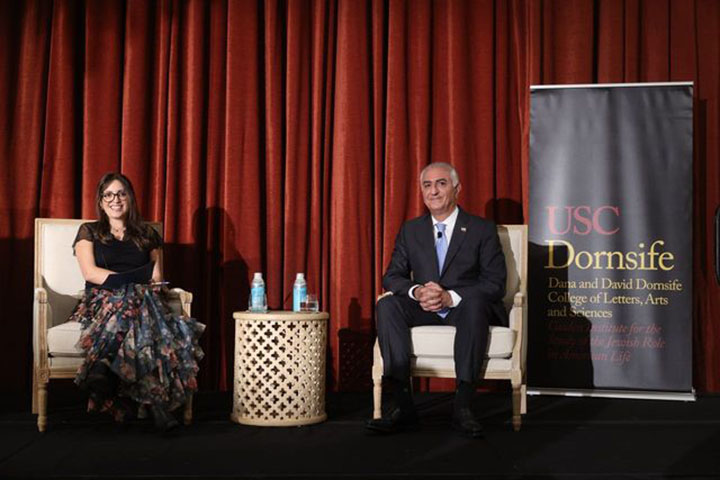
Compared to feeding the needy or saving the planet, how important can it be to light Shabbat candles?
Those kinds of questions have been on my mind lately, as I’ve thought about tikkun olam, the movement to “repair the world.” For much of the liberal wing of American Jewry, tikkun olam has become a driving spiritual force and a supreme Jewish value. How could it not be? What can be more essential and meaningful to one’s life than to repair a broken world?
Fighting for social justice is no longer just a cause in its own right—it’s a Jewish cause. Everything noble and worthy, in fact– saving the whales, defending the marginalized, protesting the ills of society, etc.—can be lumped into that handy Jewish banner. This isn’t just seductive; it’s also convenient. Take anything good you’re doing for the world and call it Jewish.
The champions of tikkun olam probably assumed that by taking Judaism out of its traditional bubble and making it widely relevant to universal causes, they’d attract more Jews to Judaism. Of course, they were always careful to add the obligatory qualifier that “it’s not either/or.” Repairing the world doesn’t mean we no longer have to follow Jewish tradition. We could do both. The two should be inseparable.
Well, did it work? Did tikkun olam attract more Jews to Judaism and encourage them to do both?
Color me skeptic.
Let’s face it: Compared to the glamor of repairing a broken world, Jewish tradition can look quite ordinary, if not outdated. Who needs to build a sukkah to remember our ancestors in the desert when I could just go volunteer at a soup kitchen? What traditional Jewish ritual can compete with fighting the great causes of the day, especially when you’ve already been told that fighting those causes is a supremely Jewish act?
Maybe we shouldn’t be surprised that in the latest Pew survey, about a quarter of adults who were raised Jewish no longer identify as Jewish.
The danger is that instead of broadening Judaism, tikkun olam may have diluted it and made it smaller. Maybe the movement’s leaders didn’t have enough faith that the uniquely Jewish rituals of our tradition could carry the day, so they injected a universalist boost to put the odds on its side.
What they overlooked is that universalism doesn’t build a Jewish identity– it builds a universal one.
When the drama of fixing a broken world becomes so much more captivating than the insular structure of traditional Jewish life, people will make it either/or. This may not be true for spiritual communities like IKAR, which have managed to blend both. But it’s likely true for a new generation of Jews without much connection to their Jewish roots. That younger crowd will favor fixing the world over shlepping for Shabbat groceries.
Tikkun olam simply became too powerful for its own good. It wasn’t just another item on a long Jewish menu; it was the piece de resistance.
It also became so diluted it’s no longer clear what it stands for.
“It’s certainly a term that has taken on a huge number of meanings,” author Jonathan Krasner says in a 2023 interview on the Brandeis University website. “For some, it’s a kind of secular messianism, a grand utopian vision. But for others, it can mean something as small as taking out the recycling or putting solar panels on your roof. If you’re equating it with something so mundane, you have to ask, ‘Wait, what is tikkun olam exactly?’”
Its meaning may have become blurry, but it hasn’t lost its attraction. That is its power: Anything connected to improving the world will by definition be big and meaningful, and will make something that is uniquely Jewish look smaller and less meaningful. But universalist ideas that belong to everyone don’t build Jewish identity. Only uniquely Jewish ideas do.
The tikkun olam movement is due for a course correction, and there’s no better time to start than in next week’s Yom Kippur sermons.
For those spiritual leaders who may have congregants who pray at the altar of tikkun olam, I offer words you might share with your flock:
“Judaism, my friends, is a lot more than a universal idea, even one as powerful as repairing the world. Of course every human being must strive to repair our world, which is why this is a universal idea and not a uniquely Jewish one.
“What is uniquely Jewish? The Jewish story, the Jewish tradition, the Jewish rituals that have sustained us for thousands of years. What is uniquely Jewish is what creates a lasting Jewish identity, something we should all strive for.
“By all means, we must never stop fighting for justice and for the causes we believe in. But if we want to nurture a strong Jewish future, let’s find meaning in what is uniquely ours, from our unique story to our unique rituals. Let’s repair Judaism and make it big again. Let’s share it with the world. And let’s start by lighting Shabbat candles this Friday night.
“We owe it to our ancestors, to ourselves and to the world.”









